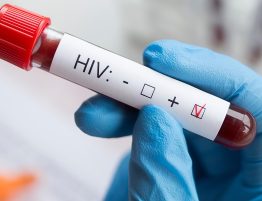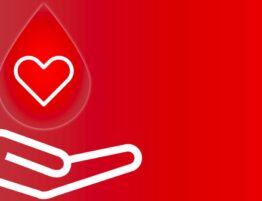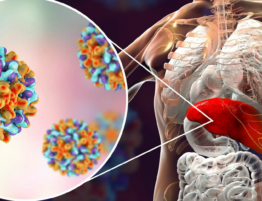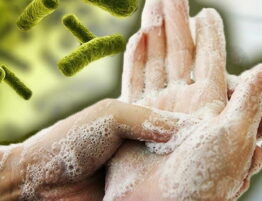
HIV infection – what does it mean?
…that you have HIV, the human immunodeficiency virus, in your blood. As a rule, a person feels healthy for several years after infection. However, the virus is capable of gradually destroying the body’s immune system, leading to various diseases. The last stage of HIV infection is called AIDS. At this stage, severe and dangerous diseases occur.
There are medications that inhibit the development of the virus and treat diseases caused by HIV. Unfortunately, there is no medicine that would completely cure HIV infection.
What worries people diagnosed with HIV infection?
Most people feel severe anxiety, fear for themselves or for their loved ones, anger, depression, and despair. Others, on the contrary, are absolutely calm. Many people don’t believe their diagnosis at first. When you are overwhelmed with feelings, the most important thing is to find an opportunity to talk to someone without making hasty decisions. However, do not rush to immediately tell your family and friends about the diagnosis if you do not know how they will react.
It is important to remember that you are not alone – many people who have experienced what you are now going through are ready to help you.
People with whom you have had sex or shared injection needles may be infected with HIV and not know it. At your request, without telling them your name, they will be asked to undergo an examination – or you can notify them yourself.
It is necessary to take care of your physical and mental health. Try to quit smoking and reduce your drinking. Organize a nutritious meal rich in calories, proteins and vitamins. Avoid stress, do not deny yourself sleep, rest, exercise in the fresh air, entertainment and communication.
It is within your power to prevent your sexual partner from becoming infected with HIV. You can avoid infection by using a condom or practicing safe sex every time you have sexual intercourse. The law provides for criminal liability for intentional infection with HIV (Article 157 of the Criminal Code of the Republic of Belarus). It is necessary to protect yourself during sexual activity not only for the safety of your partner, but for the sake of your own health! Sexually transmitted infections – syphilis, gonorrhea, chlamydia, etc. are much more dangerous for you than for your HIV-negative partner, and can lead to tragic consequences. For an HIV-positive woman, unwanted pregnancy can be a big problem.
Good quality condoms significantly reduce the risk of HIV transmission, but only if used consistently and correctly.
To avoid infecting other people, only individual injection needles should be used. Avoid any contact of your blood, semen or vaginal secretions with the mucous membranes or damaged areas of the skin of another person. This is the only likely route of infection.
In all cases, you will be able to continue working in your specialty. The only exceptions are some professions (Resolution of the Council of Ministers of the Republic of Belarus dated April 13, 2012 No. 343 “On approval of the list of specialties (professions) for which the use of labor of persons with the human immunodeficiency virus is not allowed”).
You cannot become infected with HIV:
- through sweat, saliva, tears, cough (handshakes, hugs, friendly kisses);
- insect bites;
- underwear and bed linen;
- shared utensils;
- general things (money, books, computer keyboard, household items);
- water (when using a shared pool, bath, shower).
Treatment of HIV infection
Only a doctor can prescribe treatment. One of the most important factors in the success of new treatments is adherence to the dosage regimen. Dosage regimens are specially designed to constantly maintain a sufficiently high level of drug concentration in the blood to prevent the multiplication of the virus. Skipping or stopping doses leads to a decrease in this concentration, which gives the virus the opportunity to multiply.
REMEMBER!
It is dangerous to combine antiviral therapy with drug use.
If you have psychological problems
Take your mental well-being as seriously as your physical well-being. There is no need to experience your pain silently and alone. Learn to talk about your feelings to people you trust.
Contact a psychologist, social worker, or support group. Find your own, effective and safe ways to overcome the crisis.
Consultation on HIV infection can be obtained:
- in the HIV/AIDS prevention department of the State Institution “Brest Regional Center for Hygiene, Epidemiology and Public Health”: Brest, sq. Svobody, 8, room 3, tel. (0162) 20 75 89, (0162) 20 75 86;
- in the consultation and dispensary office of the Brest Regional Consultative Clinic of the Brest Regional Hospital: Brest, st. Meditsinskaya, 5, 4th floor, room. 419, tel. (0162) 27 21 99.
Ministry of Health of the Republic of Belarus State Institution “Brest Zonal Center for Hygiene and Epidemiology”, 2015







